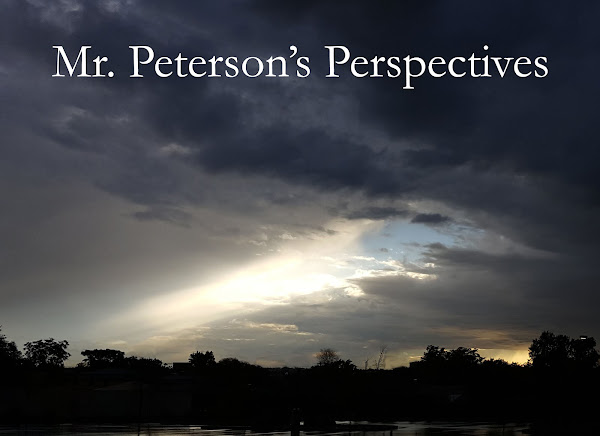I have recently been reading Malcolm Gladwell's book Outliers. If you haven't read the book yet, I highly recommend it. There are some fascinating lessons on life and success in the book.
One of the chapters deals with the American school system and some of the dynamics that are at play in helping students perform well. He describes circumstances that have laid the groundwork for education in Western culture versus the education of students in countries like Japan and China. Attention is drawn to the remarkable difference in test scores between American students and their Asian counterparts.
One of his conclusions is that the rice cultivation culture that has dominated Asian nations for centuries has created a fertile environment to students to perform well in school. But why?
To answer this, lets look at some data. Karl Alexander from John Hopkins University conducted a study of students in the Baltimore Maryland area from high, low, and middle income backgrounds. Using standardized tests, they tracked the students for 5 years with them taking tests at the beginning and end of each school year. Here is a table of the results:
Lets discuss his findings one section at a time.
This chart is derived from the table at the top. The blue line is children from high income households. The red line is low income. Notice that the test scores are not terribly different in the 1st grade. However, as time goes on, the difference grows greater and greater. What is causing this difference? Are poor children unable to learn as much a their affluent counterparts? Queue the next chart please:
To find out if the kids were learning or not during the school year, Mr. Alexander tested the children at the beginning of the school year and at the end. Do you see a broad divergence between the three groups here? I don't. In fact, in the 4th and 5th grade, affluent children were tracking just below their middle income and poor counterparts. If that is the case, how could affluent children be out performing their peers as we saw in the first chart? Our third chart holds the answer:
Because Mr. Alexander tested the children at the beginning and end of the school year, he was able to compare their scores before summer break and after summer break. Take a look at the above findings. With
negative scores, the poor kids actually lost information over the long summer break after 1st and 2nd grades. Both the middle and low income kids both show low gains the rest of the time. However, the affluent kids show tremendous increases over this same period.
The study revealed a compelling and unsurprising reason for the difference. The answer? Affluent parents can afford to keep their children busy with learning opportunities during the summer months. The leisurely summer days spent by the low and middle income kids just aren't filled with the same learning opportunities. Their parents often plop them in front of the TV or mind numbing distractions. Meanwhile, the affluent kids are getting training in music, language, and other extra-curricular activities during the summer.
Regardless of income, the kids demonstrate equal intelligence. The difference is the opportunity for learning. Kids that come from well off homes in America tend to have more opportunity, via parental intervention, than those that don't. This brings us back to the difference between American students and those from Japan and China.
The average American school year is 180 days. South Korea has a school year of 220 days and Japan tops out at 242 days. With so much opportunity for learning, is it any wonder that these countries excel at educating their children?
This education ethos from the Orient stems from work ethos forged by centuries of cultivating rice patties. Unlike America's ancestors from the European feudal order of agriculture, where peasants spent only a third of their time in useful work during the planting and harvesting seasons, Oriental peasants harvested and planted year round and were self-employed in doing so. The incentive structures and work ethics for these historical cultures couldn't be more different from one another. Strikingly, as is detailed on Outliers, this cultural heritage telegraphs to societies today...for better or worse.
The trick to competing and improving in America is to recognize the inherent weaknesses in our system and adapt to them. Many schools have extended school days or more teaching days per year to increase the opportunities for learning and student improvement. Perhaps it is time for us in Utah to review some of our time honored traditions, such as summer break, and seek other ways to provide excellence in education.



















